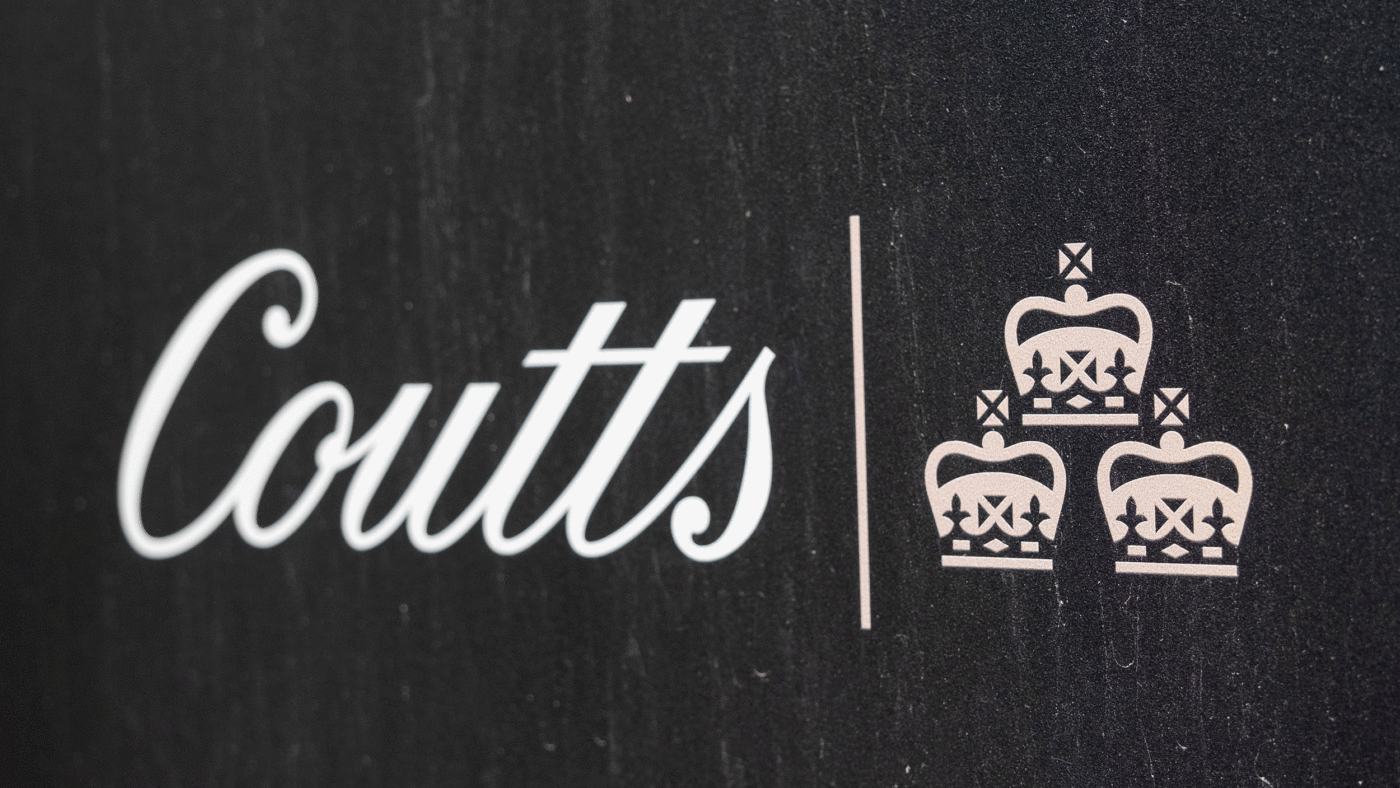This week, I had the dubious honour of trying to follow Nigel Farage on GB News, after he reacted to the resignation of NatWest CEO Alison Rose. He was, as you’d expect, vindicated, furious yet undeterred – an underdog taking on powerful forces and winning.
While this feels like something of a comfort zone for him, and he’s not entirely unhappy about the number of headlines he’s been making, we shouldn’t lose sight of how appallingly he’s been treated.
Rose ostensibly resigned for leaking confidential information about Farage’s finances to a BBC journalist. That’s bad enough – as that august organ Popbitch points out, the same standards must apply to the CEO as to the staff in a NatWest callcentre who got fired for snooping on Liam Gallagher’s account.
But far more intrusive was the 40-page dossier that was compiled on Farage, detailing his views on LGBT issues, his friendship with Donald Trump, and making completely unsubstantiated claims about his connections to Russia.
This bank acted like the Stasi then ejected a customer on the grounds of ‘inclusivity and Purpose [sic]’ – that it’s ironic doesn’t mean it’s not sinister. Satirical too, is the idea that Natwest subsidiary Coutts – an organisation that reportedly requires clients to have at least £1m in assets and whose logo is literally made of crowns – didn’t want to be associated with Farage because his opinions were ‘out of touch’. If this was an exercise in reputation management, it’s backfired spectacularly.
But Farage isn’t the reason this matters, nor are the ‘tens of thousands’ of other people he claims are also affected. It’s that it’s a symptom of a deeper social malaise. Coutts is a certified ‘B Corp’, which means it is committed to benefiting a vaguely defined array of ‘stakeholders’, including ‘the wider community’ and ‘the environment’.
This concept of ‘stakeholder capitalism’ has become fashionable in recent years. Indeed it was the theme of the 2020 Davos summit. But it’s really just a new name for corporate social responsibility.
So it’s tempting to dismiss it as a fig leaf. But when firms decide they have a purpose other than making money by serving customers, those who believe that free markets are the best guarantor of free people should start to worry.
Of course it is in the interests of business to protect the environment and reduce poverty – and embracing trendy causes may be good PR. But corporations are not qualified to be moral arbiters. When they decide to expend money and resources on things that their customers have not chosen, they are acting like politicians. And the injustice shown to Farage proves that even a political agenda as superficially inoffensive as Coutts’ can have abhorrent consequences. It is for elected governments, not faceless businessmen, to uphold society’s values.
Milton Friedman articulated this when he wrote in 1970 that, ‘the doctrine of “social responsibility” involves the acceptance of the socialist view that political mechanisms, not market mechanisms, are the appropriate way to determine the allocation of scarce resources to alternative uses.’ Businesses that act this way are undermining the capitalist system on which they depend. On this occasion, if no other, Brits should thank Nigel Farage for defending our democracy.
Click here to subscribe to our daily briefing – the best pieces from CapX and across the web.
CapX depends on the generosity of its readers. If you value what we do, please consider making a donation.


